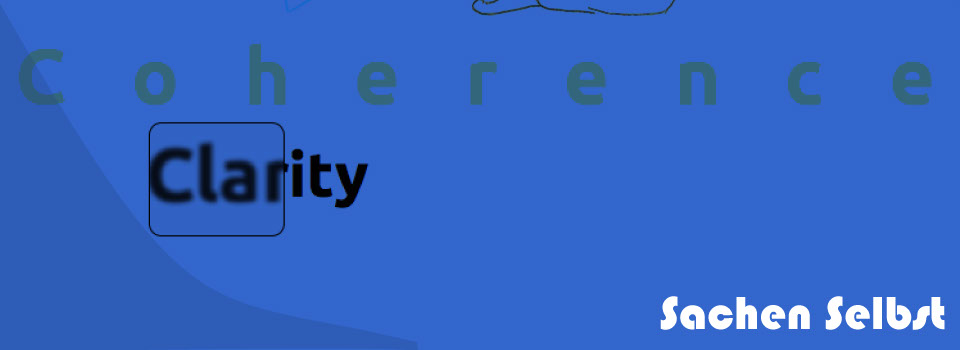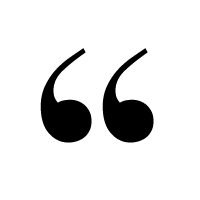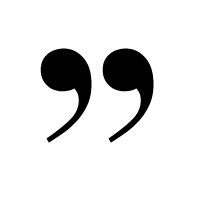
x
Contents
Home
Home
Home

Experimental Writing

Experiment, never interpret.
(Deleuze and Parnet 48)

At the end of Experimental Writing in Composition: Aesthetics and Pedagogies, Patricia Sullivan sums up the various opposing views on experimental writing in the composition classroom. She praises Cynthia Selfe’s common-sense, easily digestible embrace of multimodality but argues that Selfe does not see technology necessitating any new rhetorical theory (150). Likewise, Sullivan sees the artistic possibilities proposed by avant-garde composition theorists like Jeff Rice, Geoff Sirc, and Greg Ulmer as fictions serving to distract us from their real political goal: “perpetuating a particular avant-garde (mostly male, mostly European-Anglo-Saxon-American) tradition” (158). Sullivan seems deeply dissatisfied with what she sees as Ulmer, Rice, and Sirc’s embrace of art for art’s sake and Selfe’s (and others') embrace of new technology without a new rhetoric. Instead, Sullivan is interested in issues of agency and alienation that often get lost in conversations about technology: “Technology will not solve what are philosophical, political, and experiential issues” (156). In between, or perhaps outside the practical/avant-garde binary, she finds Anne Wysocki:
Wysocki suggests in her introduction [to Writing New Media] that the collection is more interested in the materiality of writing. To me, this means that she is (and we should be) less interested per se in how technologies have produced an experimentalist paradigm (Ulmer) or seem to require an avant-garde attitude toward compositions and institutions (though Sirc’s “Box Logic” is part of this collection). . . . Unlike Selfe’s project, which maintains rhetorical principles, Wysocki articulates a project that asks teachers and students to problematize agency and writing and to take into account new media and how it affects the materiality of texts (their production, circulation, reception). (157)
For Sullivan, Wysocki’s interest in materiality is not about experimenting (Rice, Sirc, Ulmer) or communicating (Selfe) but about problematizing. Technology alone does not solve problems rooted in agency and politics. However, it’s important to emphasize that technology also cannot be separated from problems of agency and politics (as Sullivan also notes, 156). Technology and agency are deeply entwined.
For Sullivan, the avant-garde compositionists proceed as though they already have the answer, while she wants us to proceed as though we are questioning. She ends the book with a question:
How might composition be different if we examined our inherited aesthetics and rhetorical values, and then developed new aesthetics and rhetorics, new understandings of agency and new practices of composing, not for our students, but with our students? (159)
First off, let me say how much I love this question. Sullivan’s move from composing for our students to composing with our students is brilliant, subtle, and effective. That is what I want my classroom to be like: students as co-constructors of knowledge, students writing the class with me.
However, despite her problematizing of agency Sullivan’s question seems to assume a stable, coherent subject who knows, one who can rationally hypothesize and then test those hypotheses. I examine the values and aesthetics I’ve inherited. Based on my examination, I develop new ones. We might distinguish this from Deleuze and Guattari’s habit of saying I that is illustrated in an early section of this project. Deleuze and Guattari’s practice is done merely for convenience and Sullivan’s is structural.
While Sullivan is deeply suspicious of progress narratives concerning technology, her critique seems susceptible to more humanist progress narratives: if we just think about it rationally we can create a better world. On the contrary, the avant-garde compositionists (along with the post-structuralist philosophers on whom they base their ideas) assume that agency is wrapped up in politics, materiality, gender, race, technology, and society. I don’t get to sit back and analyze my situation; I am part of my situation. The aesthetics and rhetorical values I’ve inherited shape me and affect my agency.
Specific knowledge and power formations make Sullivan’s question possible, and if we can question those formations it is only because they allow it. We are material, technological beings. Sullivan’s question rests on a static model of rhetoric in which the rhetor can step out of the situation to question the exigence, audience, and constraints. An energeic (Kennedy), ecological (Edbauer [Rice]) or ambient (Rickert) model of rhetoric does not allow such separation.
Sullivan’s bracketing of technology from considerations of agency is exactly what Wysocki does not do. For Wysocki, new media is composition that takes its own materiality into account (15). That materiality includes the various technological constraints of invention as well as those of delivery. In other words, Wysocki’s conception of new media recognizes the materiality of rhetor and audience. Sullivan sums up the materiality of texts as “their production, circulation, reception” (158). She’s not wrong. However, we must also remember their producers, circulators, and receivers. We are material, and we are enmeshed in our material situations.
Creating texts that are aware of their own materiality will not usher in a new age of reason and responsibility any more than making videos will free students from the shackles of tradition. However, it does represent an important step toward at least stating the obvious: we are material.

